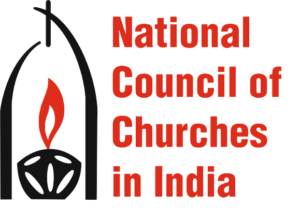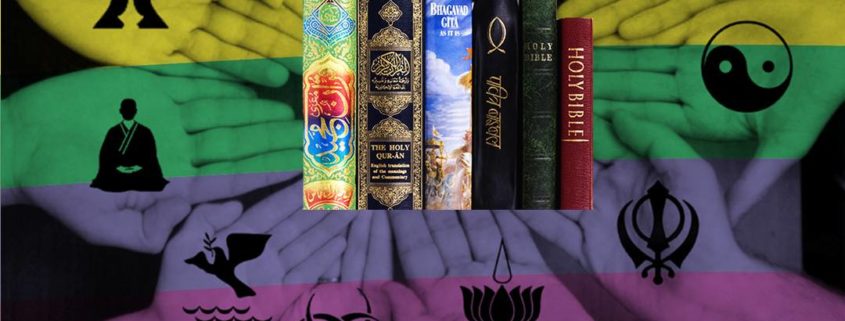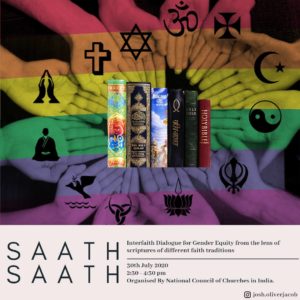16 Days of Activism against Gender Based Violence

The 16 Days of activism 2022 was again a time for showing the commitment and re committing for the cause of women. It was a time to affirm actions against Gender based violence and Violence against women.
“16 Days of Activism against Gender based violence”
from the 25th of November (International Day for Elimination of Violence Against Women) to the 10th of December (International Human Rights Day).
This period also includes observance of some other important days like – November 29 (International Women Human Rights Defenders Day), December 1 (World AIDS Day) and December 6 (Anniversary of the Montreal Massacre).
The 16 Days Campaign this year helped organizing strategy for individuals, groups and churches around India to call for the elimination of all forms of gender-based violence against women and to:
- Demonstrate the solidarity of women around the world organizing against gender-based violence against women
- Strengthen local work around gender-based violence against women
- Organise Rally, Lobby, Network and voice out for the issue.
- Provide a forum in which organizers can develop and share new and effective strategies
- Raise awareness about gender-based violence against women as a human rights issue at the local, national, regional and international levels
- Have a women/gender safeguarding policy in your respective Churches.
 The theme for this year “United”. We were encourage you to take this opportunity to talk about the “UNiTE” Campaign in 2022, under the global banner UNITE! Activism to End Violence against Women & Girls, the aim to mobilize all UNITE networks, civil society and women’s rights organizations, organizations working with men and boys, the UN system, the Action Coalition on Gender Based Violence, government partners, human rights defenders, schools, universities, private sector, sports clubs and associations and individuals to become activists for the prevention of violence against women, to stand in solidarity with women’s rights activists and to support feminist movements around the world to resist the rollback on women’s rights and calling for a world free from VAWG (violence against women and girls).
The theme for this year “United”. We were encourage you to take this opportunity to talk about the “UNiTE” Campaign in 2022, under the global banner UNITE! Activism to End Violence against Women & Girls, the aim to mobilize all UNITE networks, civil society and women’s rights organizations, organizations working with men and boys, the UN system, the Action Coalition on Gender Based Violence, government partners, human rights defenders, schools, universities, private sector, sports clubs and associations and individuals to become activists for the prevention of violence against women, to stand in solidarity with women’s rights activists and to support feminist movements around the world to resist the rollback on women’s rights and calling for a world free from VAWG (violence against women and girls).
As National Council of Churches in India it is our responsibility to encourage each other – member churches/ councils/ organizations and agencies to join in the observation of the 16 Days of Activism against Gender Based Violence and work on a just inclusive environment for a wholesome growth of all.
The outcome which was very visible in the observations this year was:
- Need for an inclusive Church, where everyone is welcome and safe irrespective of Caste, creed, ethnicity, ability & GENDER.
- Invest in Women for their development was a theme that came strongly from one of the member body.
- The need for Gender Policy in church and organisations is the need for the hour.
- Networking of men and women for the Eradication of Gender Based Violence.
- Faith Leaders to take the cause.
Were few of the goals that were set before us all for the year 2023.
We Hope that Year 2023 will see many steps taken for creating a just and egalitarian society.
We thank our Members like, Salvation Army in India, ISPCK, CSI, Mennonite Church , CNI, Kerala Christian Council, and many more for conducting various Activism programmes in Local area.
Submitted by
Women’s Concern
NCCI











